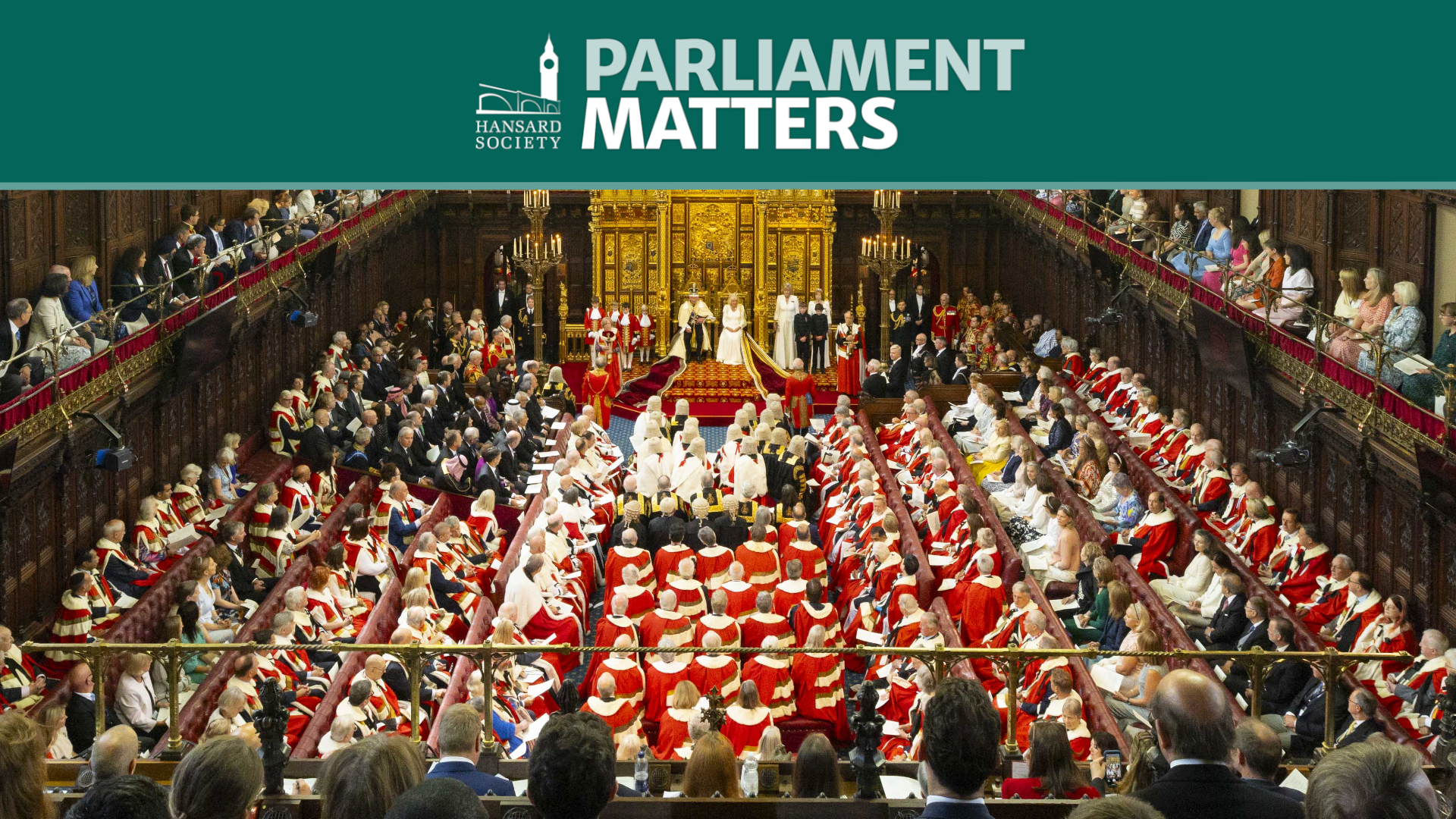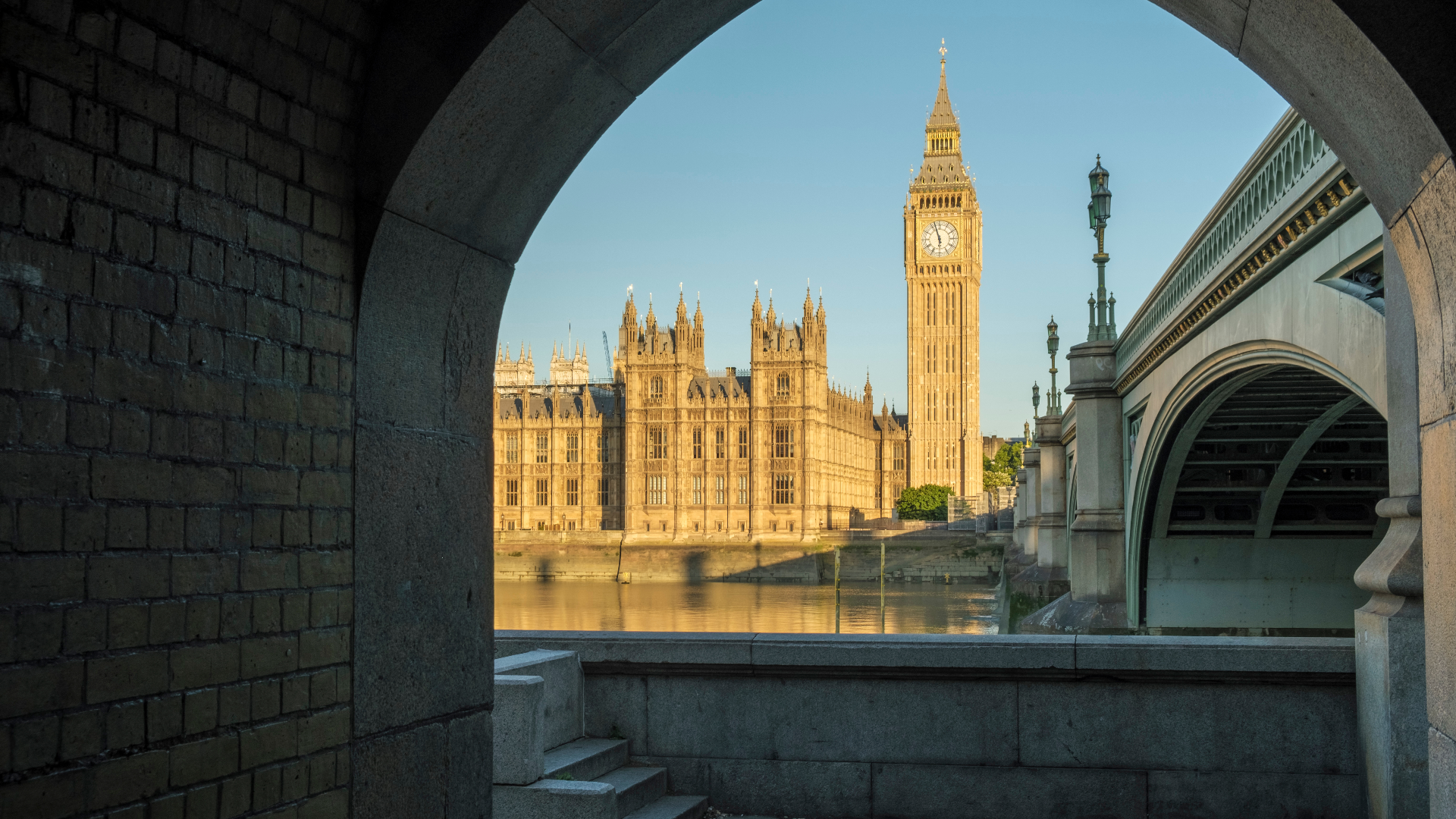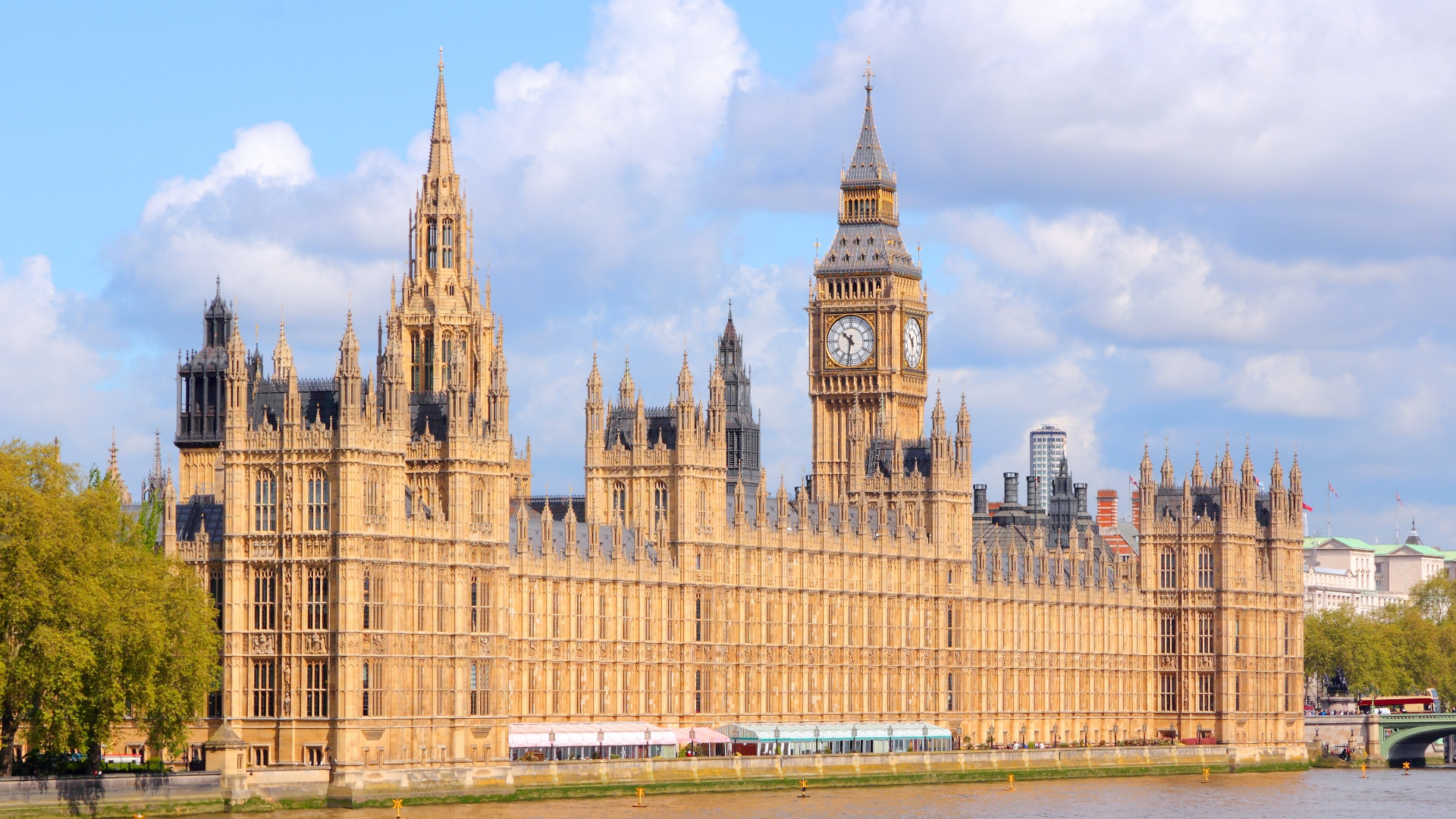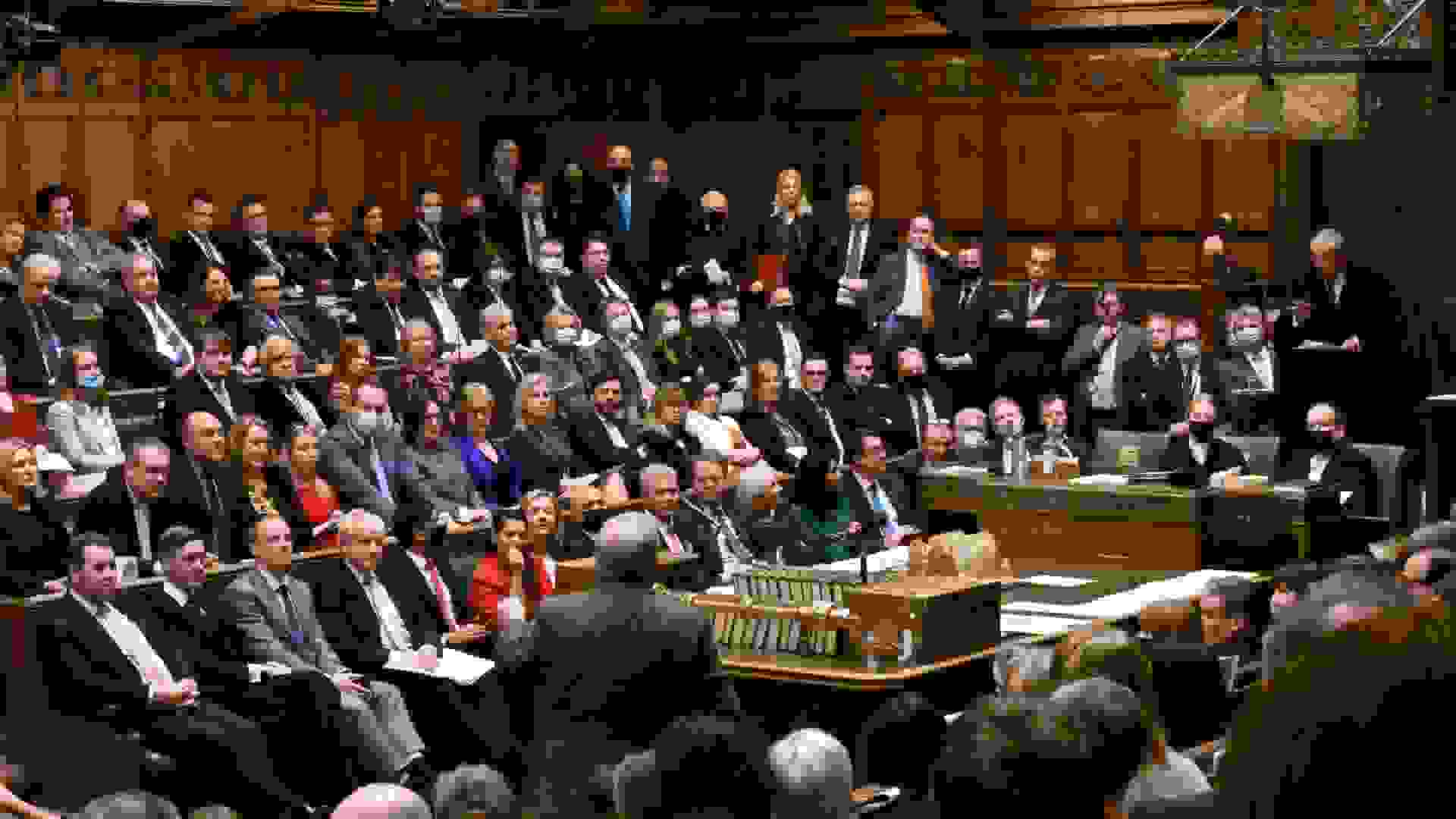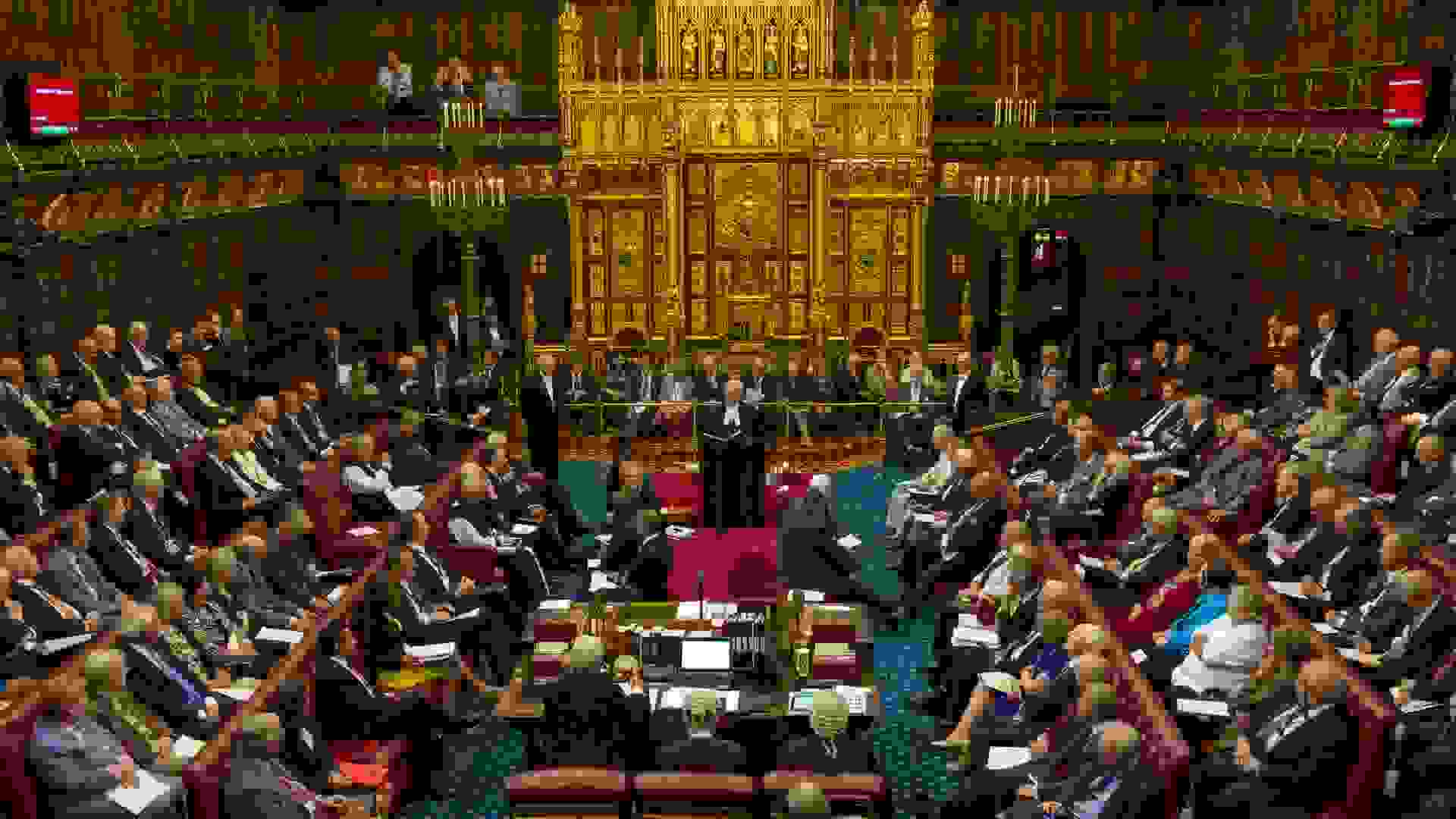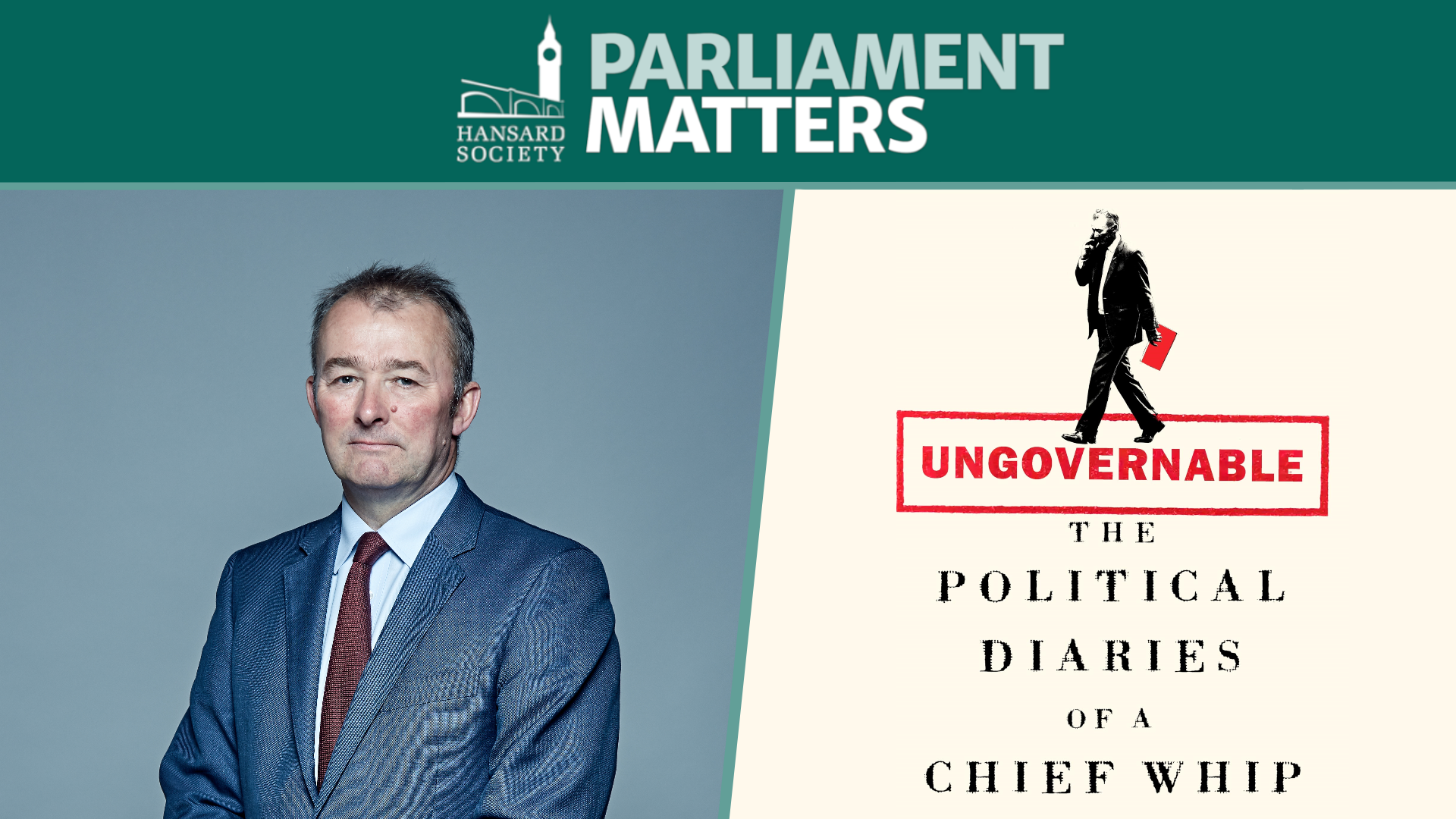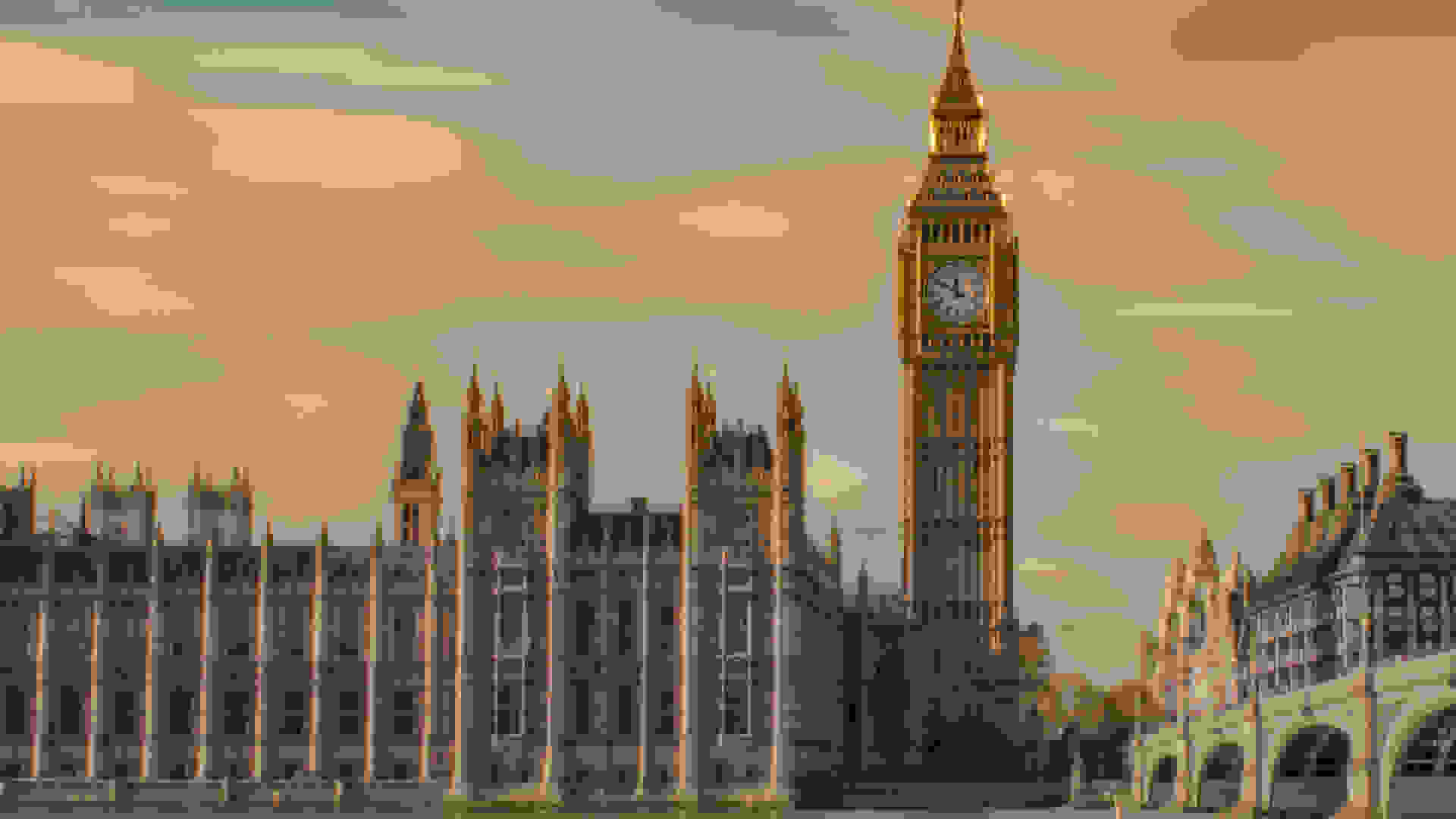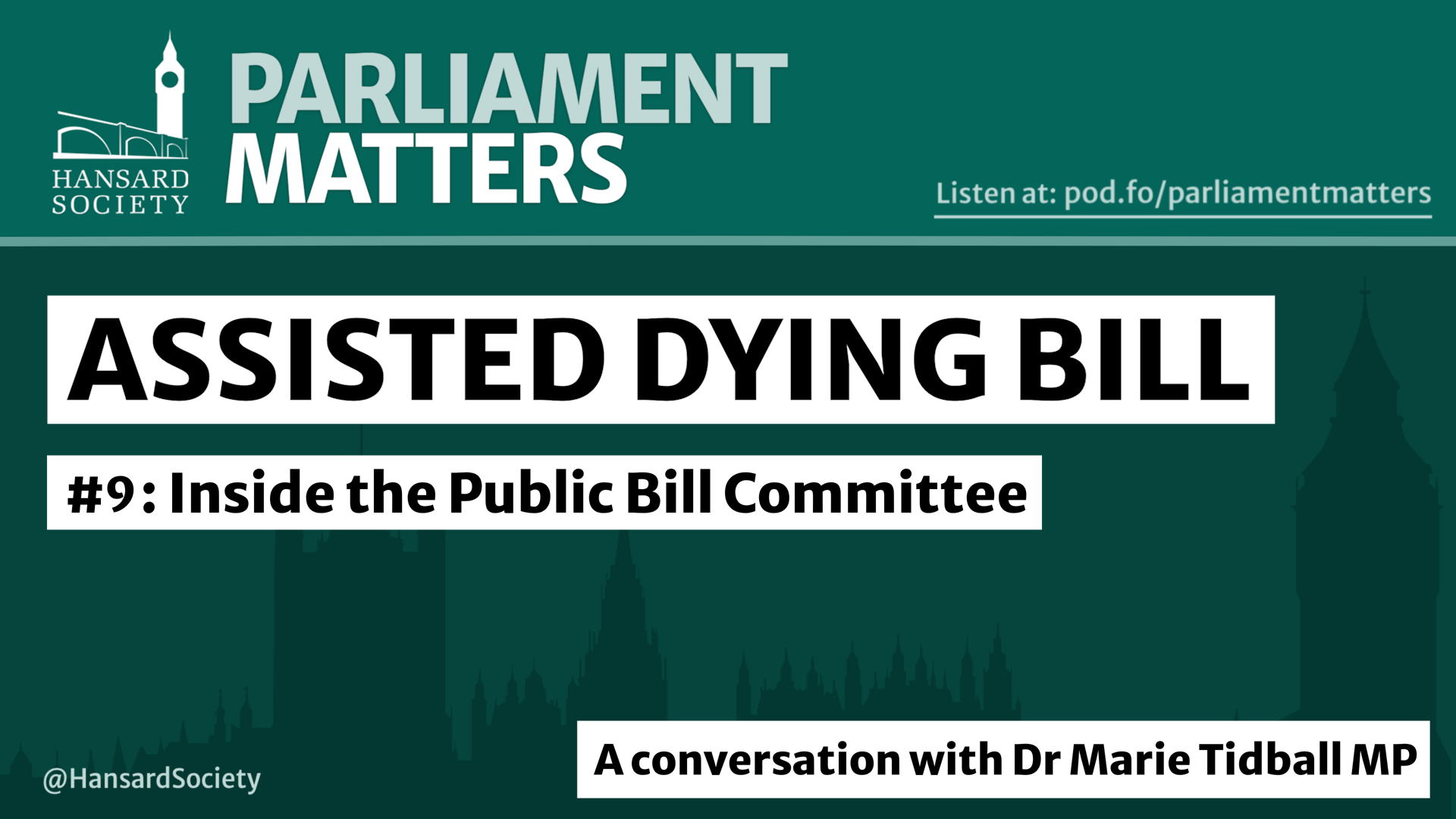News / The end of hereditary peers in the House of Lords? - Parliament Matters podcast, Episode 49
MPs debated the bill to abolish hereditary peers’ right to sit and vote in the House of Lords. But what were the opposition’s arguments? We reflect on the Government's first 100 days: is it improving legislative standards? Twenty Private Members’ Bills were announced this week: which ones may get traction? And a new Speaker’s Conference on the safety of MPs and candidates has been established. So, what is it, and what might it do?
